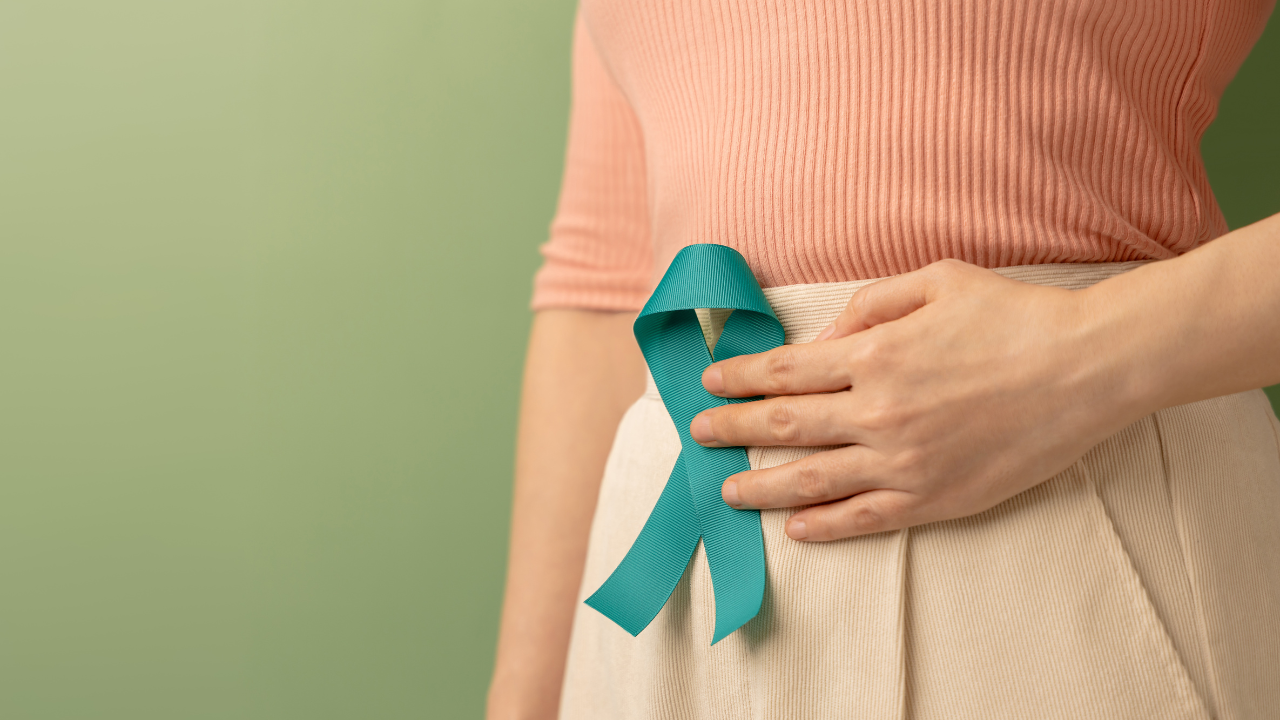For women, among the many indignities of old age, incontinence has to be among the worst.
And what’s worse than the worst? A leaky bladder doesn’t just happen when we get old.
Even teens can suddenly have incontinence in a form of bedwetting brought on by stress or unknown causes. But in Dr. Barbara Henley’s urogynecology practice at Augusta University Women’s Health – Hillcreek, she often sees patients in their 30s and 40s. Along with age, pregnancy—with its many changes to our pelvic area—can also trigger leaking, with or without vaginal delivery.
“It’s so common,” she said. “Up to 55 percent of women will experience incontinence at some point in their life, although the risk does increase with age.”
So I leak a little when I sneeze—isn’t that normal?
Probably most of us have experienced a little leaking when we laugh hard or sneeze suddenly. But it becomes a problem when it happens regularly and when it affects our quality of life.
So if you wear a pad or pads every day, bring extra clothes with you to work or avoid certain situations out of fear that they will trigger an “accident”—these are all signs that you should talk to your doctor.
“Your OBGYN or primary care provider are a great place to start,” Henley said. “If you need more specialized care, a visit to a urogynecologist might be next.”
An easy fix?
There are several types of incontinence, and—oh joy—women can have more than one type at a time. Urgency incontinence (also referred to as overactive bladder)—when you must go and can’t make it to the bathroom in time—is the most common, followed by stress incontinence, which is triggered by laughing, coughing or sneezing.
Other types are related to an inability of the bladder to empty well, causing it to “overflow,” as well as incontinence due to a wide range of medical conditions, from diabetes and stroke to surgical complications and Alzheimer’s. Then there’s mobility-related incontinence, where the best solution may be a bedside commode.
Depending on what type of incontinence you have, often a good place to start is Kegel exercises. These exercises work the pelvic floor muscles to help you better control your bladder. Your doctor can describe the best way to perform Kegels and help you practice. If you are still struggling, a pelvic physical therapist who focuses only on rehabilitating the pelvic floor muscles can provide more formal therapy.
If Kegels don’t offer relief, medications are also available to help relax the bladder. Although it may seem counterintuitive (“won’t relaxing the bladder make it leak more?”), a problem of incontinence is that the bladder will suddenly contract, causing leaking, and medication can help quiet that muscle contraction.
A urogynecologist can also perform specialized tests to help further pinpoint the problem, such as a urodynamic study, which evaluates the bladder as it fills and empties, or cystoscopy, which is a small camera used to take a peek inside your bladder.
When medicines don’t work to treat the most common type of leaky bladder, caused by urgency incontinence, advanced treatments can include:
- Posterior tibial nerve stimulation: A nerve running up from the ankle is connected to nerves in the pelvis that control bladder and bowel function. By inserting a needle at the ankle and using a device to stimulate the nerve, patients can have significant relief. Initially, this therapy requires weekly office visits at 30 minutes each for three months. A “booster” session may need to be repeated every six to 12 months.
- Intravascular Botox: Yes, this is the same Botox used to smooth your wrinkles. The injection is conducted via a cystoscope (i.e. a small camera in the bladder) and causes the bladder muscles to relax, helping with urgency. Injections may need to be repeated every six to nine months.
- Sacral nerve stimulation: During outpatient surgery, a nerve stimulator is implanted near the tailbone that will directly stimulate the nerves that control bladder function.
For stress incontinence, another common type, the gold standard of treatment is mid-urethral sling that’s implanted to help support the urethra. Yes, the sling is made of mesh, but “it’s very safe,” Henley said. “This is not the same mesh that was removed from the market, which was for a completely different procedure. Mid-urethral sling is one of the most studied procedures in women and has a very low risk of complications and a high success rate.”
For women who prefer to avoid minor surgery, an incontinence ring, a device made of silicone and similar to a diaphragm for birth control, is an option. These specially fitted rings are inserted into the vagina to help support the urethra and help control leaking.
The point is, for any woman suffering from incontinence, there are many individualized options available that can provide real relief.
“So many patients come to me and say they had no idea there were specialists available to treat this,” Henley said. “Part of it is because incontinence remains such a taboo topic. Women are often embarrassed, they don’t even want their spouses to know. But they don’t have to suffer in silence because there are so many ways to be treated for urinary incontinence—and treated successfully.”
Don’t wait. Turn to the area’s only urogynecologists.
Henley, her colleague, Dr. Jennifer Lanzer and their team can help to diagnose and treat this difficult problem with sensitivity and compassion. For more information or to make an appointment, visit augustahealth.org/urogyn, or call 706-446-5901.





